6. Parsimony
More than an extreme or excessive economy or frugality, extreme unwillingness to spend money or use resources, the quality of being very unwilling to spend money/being careful with money or resources, or a thrift in the quality or state of being stingy – economy in the use of means to an end – for not only creating things but in thinking about things. 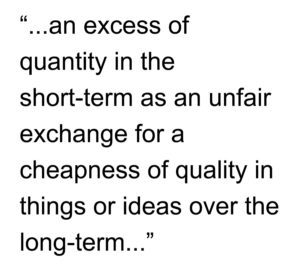 In cities, this most often refers to an excess of quantity in the short-term as an unfair exchange for a cheapness of quality in things or ideas over the long-term. For example, a cheap idea efficiently implemented in the short term is often inevitably more expensive than a good idea carefully crafted and implemented over the long term. Synonyms include: miserliness, niggardliness, penny-pinching, or tightfistedness; see also FUBAR (Fucked Up Beyond All Recognition) or clusterfuck. (1400-50; late Middle English parcimony < Latin parsimōnia, parcimōnia frugality, thrift, equivalent to parsi– combining form of parsus, past participle of parcere to economize or parci– combining form of parcus sparing + –mōnia –mony suffix signifying action, state, or condition).
In cities, this most often refers to an excess of quantity in the short-term as an unfair exchange for a cheapness of quality in things or ideas over the long-term. For example, a cheap idea efficiently implemented in the short term is often inevitably more expensive than a good idea carefully crafted and implemented over the long term. Synonyms include: miserliness, niggardliness, penny-pinching, or tightfistedness; see also FUBAR (Fucked Up Beyond All Recognition) or clusterfuck. (1400-50; late Middle English parcimony < Latin parsimōnia, parcimōnia frugality, thrift, equivalent to parsi– combining form of parsus, past participle of parcere to economize or parci– combining form of parcus sparing + –mōnia –mony suffix signifying action, state, or condition).
Seven Deadly Sins for Cities is a new feature of The Outlaw Urbanist.
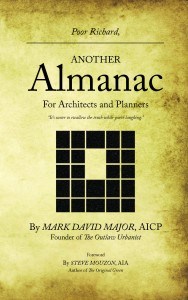 Purchase your copy of Poor Richard, Another Almanac for Architects and Planners (Volume 2) today!
Purchase your copy of Poor Richard, Another Almanac for Architects and Planners (Volume 2) today!
Available in print from Amazon, CreateSpace, and other online retailers.
Available on iBooks from the Apple iTunes Store and Kindle in the Kindle Store.

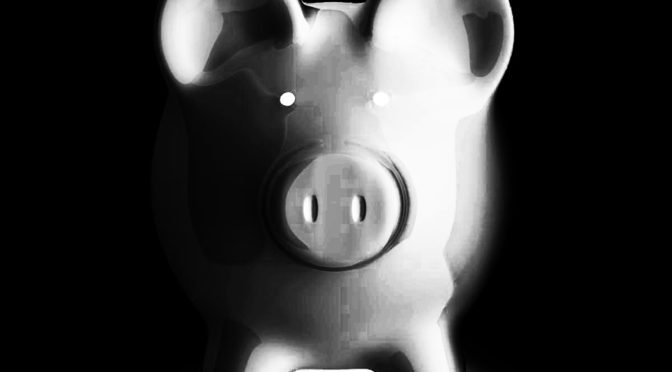

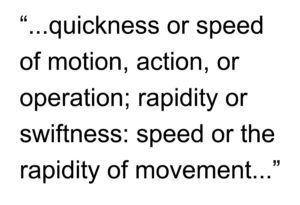 It is measured in metres per second, miles per hour, etc: the derivative of position with respect to time; a rate of occurrence or action, the rate of speed with which something happens; rapidity of action or reaction; the rate of turnover (Middle French velocité, from Latin velocitat-, velocitas, from veloc-, velox quick or swift; probably akin to Latin vegēre to enliven – more at wake; related to volāre to fly. See velocipede, -ty: First Known Use: 15th century).
It is measured in metres per second, miles per hour, etc: the derivative of position with respect to time; a rate of occurrence or action, the rate of speed with which something happens; rapidity of action or reaction; the rate of turnover (Middle French velocité, from Latin velocitat-, velocitas, from veloc-, velox quick or swift; probably akin to Latin vegēre to enliven – more at wake; related to volāre to fly. See velocipede, -ty: First Known Use: 15th century).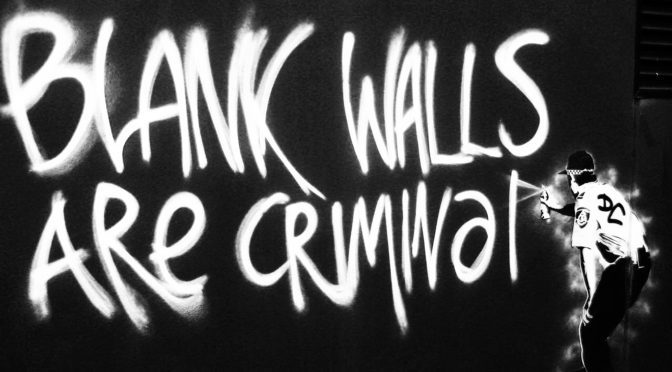
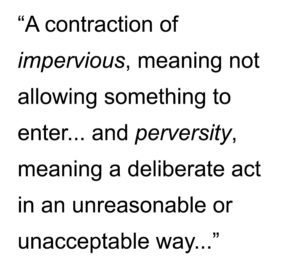 accepted standards or practice; the quality of being perverted or perverse, meaning wrong or different in a way that is strange or offensive, turned away from what is right or good, contrary to the evidence (Middle English, from Anglo-French purvers, pervers, from Latin perversus, from past participle of pervertere, First Known Use: 14th century). In cities, imperviousity most commonly refers to impervious materials in constructing the built environment (such as roads, walls, etc.) or the obscuring, inversion or privatization of components of the built environment necessarily associated for human activity (such as doors, windows, and porches).
accepted standards or practice; the quality of being perverted or perverse, meaning wrong or different in a way that is strange or offensive, turned away from what is right or good, contrary to the evidence (Middle English, from Anglo-French purvers, pervers, from Latin perversus, from past participle of pervertere, First Known Use: 14th century). In cities, imperviousity most commonly refers to impervious materials in constructing the built environment (such as roads, walls, etc.) or the obscuring, inversion or privatization of components of the built environment necessarily associated for human activity (such as doors, windows, and porches).
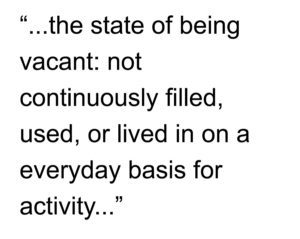 not continuously filled, used, or lived in on a everyday basis for activity, as distinguishable from the storage of things; not occupied, being without content, free from activity; devoid of thought, reflection, or expression; a state of absence; not put to use; also the opposite of full: Middle English, from Anglo-French, from Latin vacant-, vacans, present participle of vacare (to be empty); First Known Use: 14th century.
not continuously filled, used, or lived in on a everyday basis for activity, as distinguishable from the storage of things; not occupied, being without content, free from activity; devoid of thought, reflection, or expression; a state of absence; not put to use; also the opposite of full: Middle English, from Anglo-French, from Latin vacant-, vacans, present participle of vacare (to be empty); First Known Use: 14th century.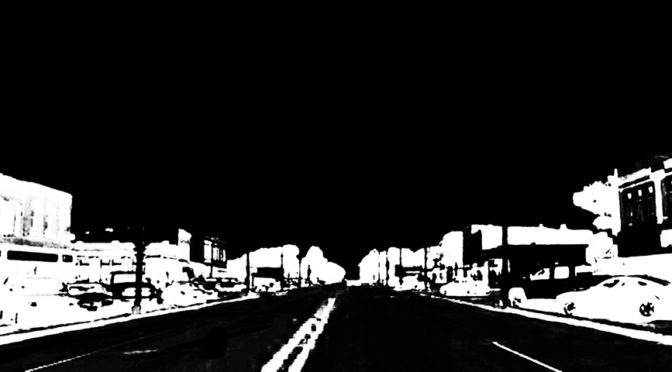
 meaning extending a great distance from one side to the other; not narrow as measured from side to side; having a specified width; and opened as far as possible over a great or specified distance, area or extent; so as to leave as much space or distance between to the fullest extent.
meaning extending a great distance from one side to the other; not narrow as measured from side to side; having a specified width; and opened as far as possible over a great or specified distance, area or extent; so as to leave as much space or distance between to the fullest extent.